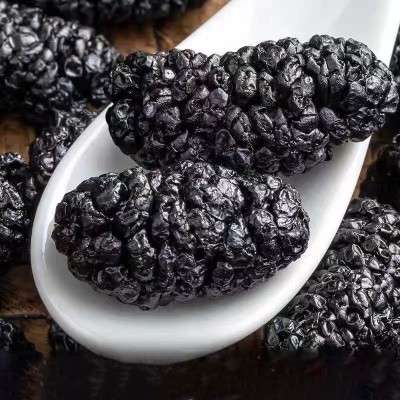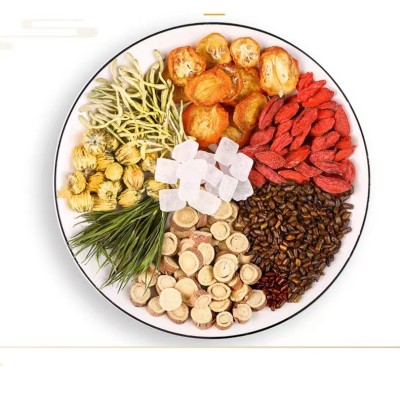What is the Qi in Traditional Chinese Medicine?(I)
 Qi (Chi) is the central underlying principle in traditional Chinese medicine and in Chinese martial arts. The practice of cultivating and balancing qi is called qigong. Believers in qi describe it as a vital force, the flow of which must be unimpeded for health.
Qi (Chi) is the central underlying principle in traditional Chinese medicine and in Chinese martial arts. The practice of cultivating and balancing qi is called qigong. Believers in qi describe it as a vital force, the flow of which must be unimpeded for health.

The simple definition of Qi(Chi) is life force, or energy. Chi is not a substance but a power—like an electric current that lights a bulb.
Magnets are an example of chi in accordance with yin and yang: One side is north; the opposing side is south. They push and pull, but when spun together they are a generator of electricity.
The best tonic herb is ginseng.

Chi is thought to run through energy pathways in the body known as meridians. When the body is out of balance, TCM practitioners look at what symptoms are occurring and what chi pattern is presenting itself.





